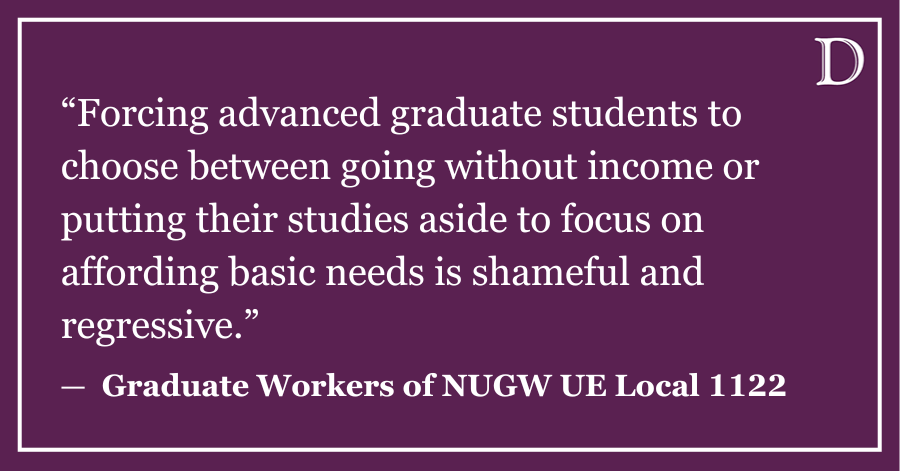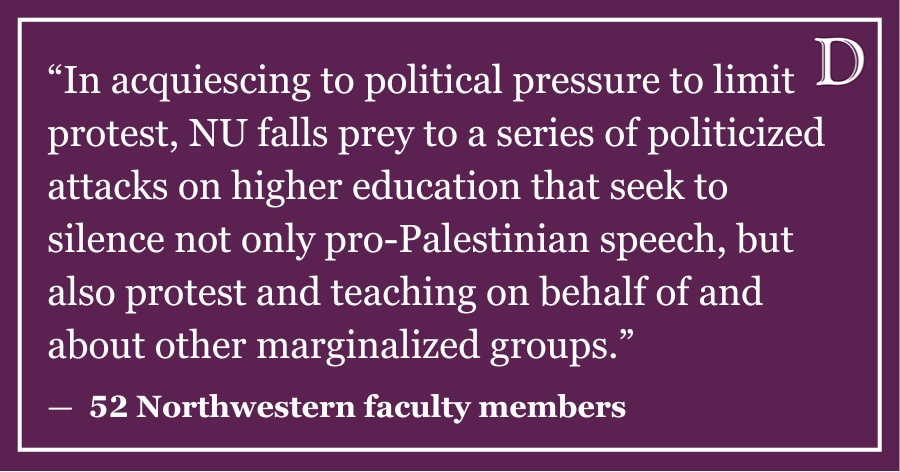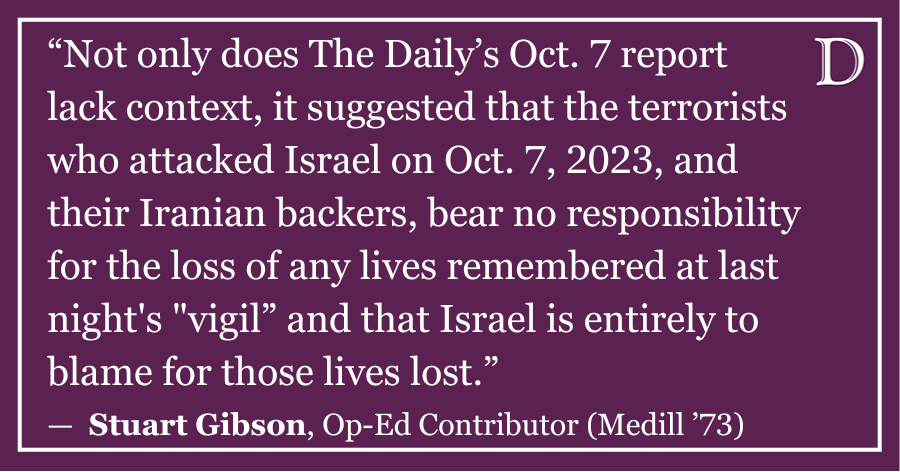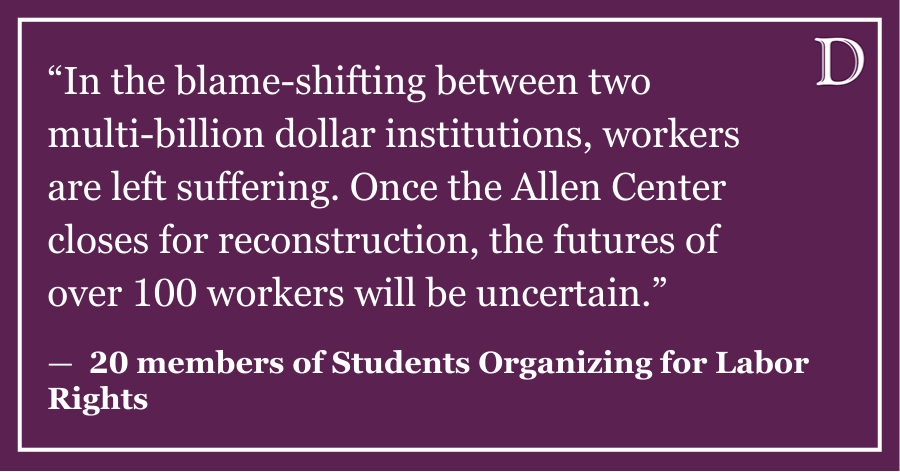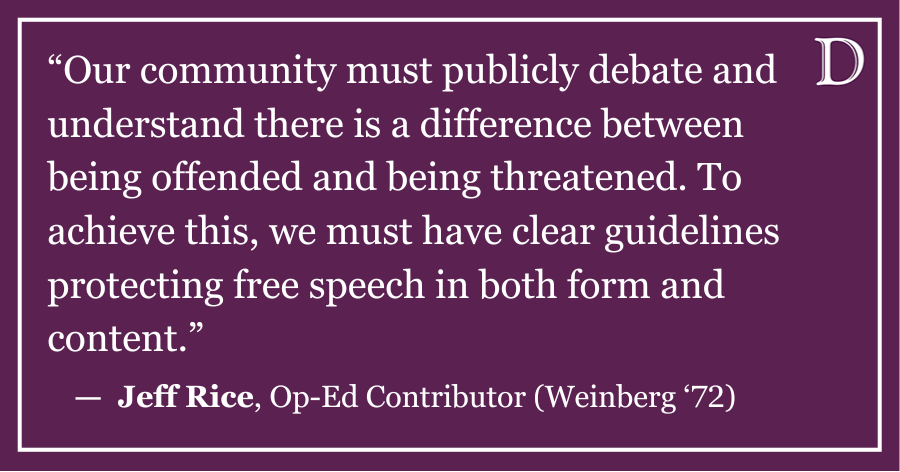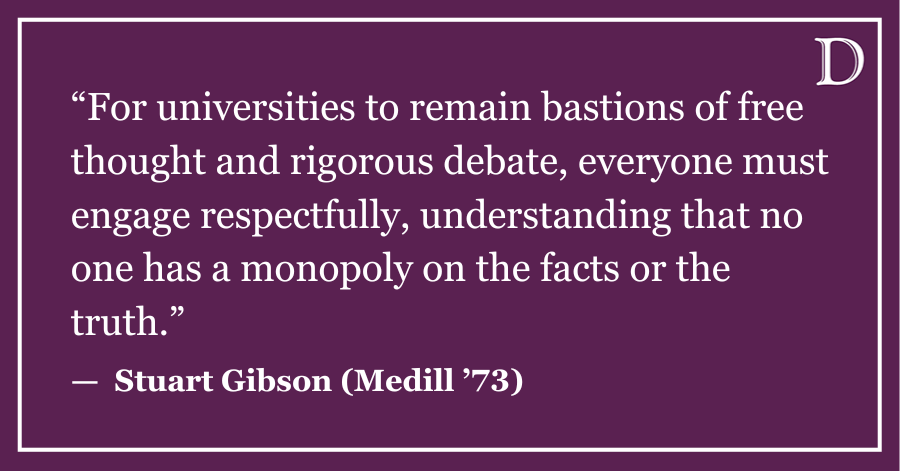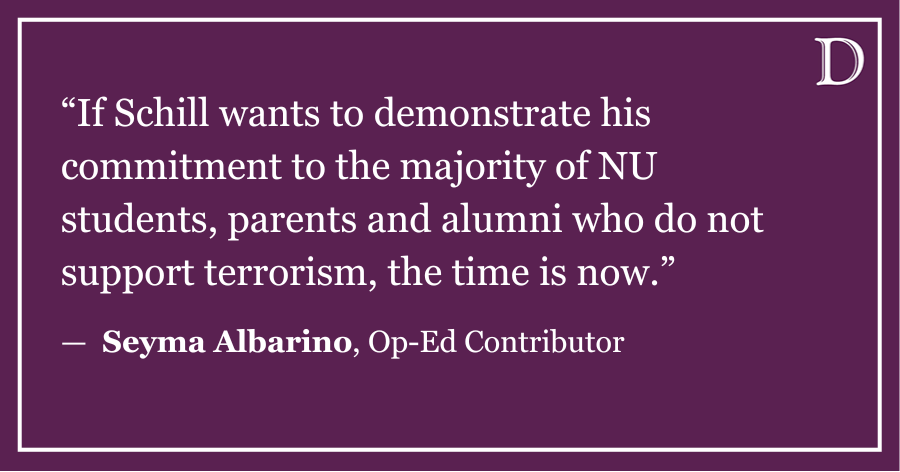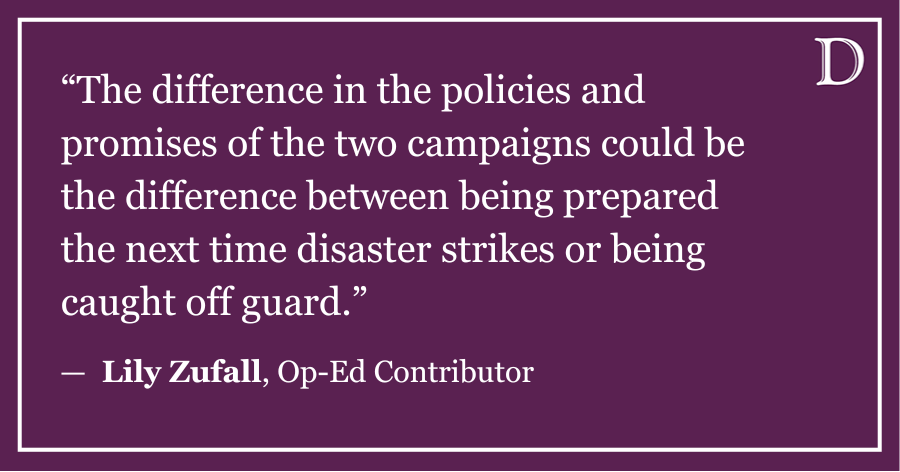On Monday night, participants at a student-sponsored forum will consider whether the United States should end its special relationship with Israel.
Embracing this discussion, Wildcats for Israel believes a strong U.S.-Israel relationship mutually benefits both countries at strategic, technological and ethical levels. A few points to consider:
The Middle East ain’t Vegas: “With 9/11, we learned the hard way that the Las Vegas rule doesn’t apply to the Middle East: what happens there does not stay there,” wrote David Makovsky of the Washington Institute and Dennis Ross of the National Security Council in their book, “Myths, Illusions, and Peace: Finding a New Direction for America in the Middle East.”
As the only democracy in the Middle East, Israel’s problems are America’s problems. The two countries share common threats, from state-sponsored terrorism to the threat of nuclear proliferation. Long before Sept. 11, Israeli citizens were confronting terrorist attacks on their buses, in their discotheques and at their weddings. Thus the people of Israel empathized with us when senseless killing occurred on our shores eight years ago.
It makes sense, then, that Israel has been an unfailing ally in America’s War on Terrorism through joint military exercises, technology and intelligence sharing, and research and development cooperation.
We can make new friends without forgetting the old ones: A popular mode of political thought centers on the notion of “linkage” – the Israeli-Palestinian conflict is central to all problems in the Middle East. If America weren’t so close with Israel, the argument goes, the Arab world would like us more.
Support for the U.S.-Israel relationship is not mutually exclusive with reaching out to the Arab world. Countries like the United Arab Emirates and Saudi Arabia don’t recognize Israel’s right to exist, but that doesn’t stop them from doing business with America (or in Egypt’s case, for example, accepting our military financing). And when we opened up a Northwestern satellite campus in the Middle East, Qataris didn’t seem to mind NU students studying abroad at Hebrew University.
The U.S. and Israel are natural allies: Beyond the strategic value of the U.S.-Israel relationship, Israel and America are natural allies. As nations founded by immigrants fleeing religious persecution, Americans and Israelis have always been particularly committed to protecting free speech, free press and freedom of religion. Dissent is celebrated as a critical aspect of national political discourse. Both countries value human dignity and human life, which is why a fair judicial system is central to American and Israeli government. The two countries even share a dedication to going green – an August 2009 Jerusalem Post article reported the Israel Defense Force has “taken steps to reduce its ecological footprint,” and a constant water shortage forces Israel to find new, innovative ways to conserve.
When students, faculty and guests discuss Monday night whether the U.S. should end its special relationship with Israel, we hope they will ultimately remember the U.S.-Israel relationship is the story of shared values, shared threats and shared interests. Forsaking Israel only ensures we lose a proven, committed and strategically invaluable friend.
Weinberg sophomore Nathan Enfield is co-president of Wildcats for Israel. He can be reached at [email protected].
